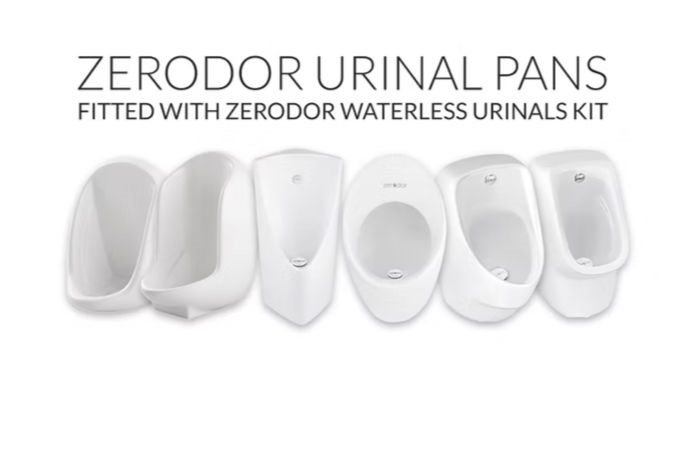Since the advent of Bitcoin in 2008, blockchain technology – the technology behind Bitcoin and many other cryptocurrencies, has been discussed at great length. Since Bitcoin, the technology has found various use-cases and applications across industries; leading to the growth of the blockchain industry by leaps and bounds.
Manufacturing industry stands as a potential benefactor of the technology. Supply chain management, machine and equipment leasing management, and contract management are areas, in which the technology offers improvement.
Supply chain management
SCM or supply chain management makes a large part of the manufacturing industry. One of the features of blockchain technology is the immutability of data, once a transaction has occurred. This means there’s no tampering with the records. In case there’s a tampering with data, it gets recorded too. This is helpful to create more transparency and tracing of products and materials within the supply chain.
Conducting quality control, compliance and attestation services for materials would be easier with a ledger, blockchain technology provides a suitable means to do this. Further, tracking raw materials in the warehouse and monitoring the import and export of products has an impact on the cost of products. Plugging blockchain technology into the supply chain will allow partners to predict problems due to the increased traceability of raw materials. This will reduce risks and lead to greater efficiency in the industry.
Machine and Equipment Leasing Management
Blockchain technology will transform the processes around machine and equipment leasing management. Internet of Things (IoT) combined with blockchain technology can allow permission-based access to equipments. Further, the technology will allow equipment lenders to manage payment, track use of the equipment, and manage repayment of outstanding loans.
The increased convenience to lend equipment and lease a machine and pay only for the application of an equipment, referred to as MaaS (Machinery as a Service) will increase with the application of blockchain technology.
Blockchain technology will further allow a reduction in documentation forecasting and improved ability for management forecasting. RFID and IoT devices along with blockchain technology will add more transparency and allow tracking of equipment usage and maintenance downtime in real-time. This will help manufacturers make more strategic decisions related to their capabilities and aid in other decision-making processes.
Contract management
Blockchain technology offers various advantages related to contract management, such as reducing information asymmetry among participants, assisting in resolving legal disputes, notarization-related applications, and overall efficiency.
Manufacturers rely on numerous suppliers for raw materials and other critical products. A major problem plaguing the manufacturing industry is the lack of trust among involved parties. Using an immutable digital ledger will create accountability among parties and increase trust.
Product recall
Improved tracking of the supply chain, both upstream and downstream, will improve turnaround time for manufacturers and reduce losses and resolve problems faster. A prominent use-case example in this area is Walmart’s use of blockchain technology to recall contaminated lettuce that led to the E.coli outbreak in 2019. In a regular circumstance, it would have taken 7 days to obtain the necessary information and mitigate the problem. With the blockchain technology in use, it took the company 2.2 seconds to obtain necessary information. This is a 99.99% reduction in time. The technology offers capabilities for manufacturers that currently doesn’t exist in the marketplace.
Additionally, coupled with emerging technologies like machine learning, artificial intelligence, and predictive analytics, tracking data and storage using blockchain can be used to gain additional insights, further improving forecasting and discover additional synergies among participants.
All in all, the blockchain technology offers solutions for the manufacturing industry to streamline its operations and increase the efficiency of various processes. The industry has always been rife with operational challenges; blockchain can be the all-in-one solution that the industry has been waiting for.




